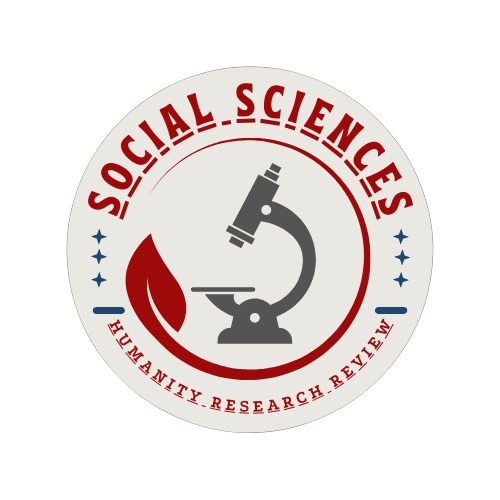A Jungian Analysis of Personal Growth & Emotional Resilience: Understanding Anxiety, Depression, and Stress
DOI:
https://doi.org/10.63056/sshrr.v3i1.88Abstract
This quantitative research explores the role of archetypes to personal growth and emotional resilience among adults of age. Sample comprised of N=500 men and women, recruited from Peshawar, Khyber Pakhtunkhwa. The level of personal growth and emotional resilience was gauged through Pearson-Marr Archetypal Indicator. While for measuring the level of life satisfaction and emotional wellness, a Subjective-psychological Well-being Scale was supplemented. Results reveal that respondents with high ego strength reported less neurotic symptoms, suggesting that as more people are aware of active archetypes in their life, the less depressed or anxious they will be. A significant linear relationship was also observed between the number of active archetypes and various measures of subjective-psychological wellbeing, confirming that these variables are not distinct from one another. Overall, personal growth and self-awareness are crucial for overall well-being. Future research can focus longitudinal effects of archetypal integration and self-awareness practices on mental health.







